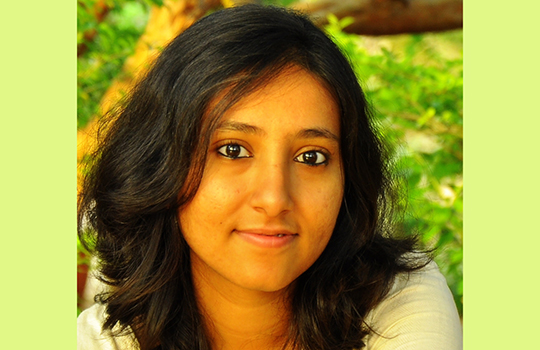In a recent Analysis in The BMJ, Suerie Moon and colleagues convincingly argue that not enough has been done to implement actions recommended by seven post-Ebola reports in order “to ensure we are better prepared for the next pandemic” [1]. These arguments resonate with my own experiences of caring for people affected by the West […]
Richard Smith: Dumfries and Galloway NHS I—The three priorities of the chief executive

Richard Smith visited and wrote about the NHS in Dumfries and Galloway in 1980, 1990, and 1999, and this series of blogs describes what he found in 2016. A feature article provides a summary. England has an urban health system with some rural areas, whereas Scotland has a rural system with some urban areas, observes […]
BMJ winter charity appeal: “Orbis was the platform from which I progressed”
The year was 1992 and the Orbis Flying Eye Hospital had landed at Chiang Mai International Airport in the north of Thailand. Its mission: to provide training and mentorship to ophthalmologists and eye care professionals in my country. At the time I was a young doctor and a third year resident in ophthalmology at the […]
Richard Lehman’s journal review—23 January 2017

NEJM 19 Jan 2017 Vol 376 Transmission of drug resistant TB Tuberculosis in Europe used to be known as the White Death, and that is the title of the best book about its history. But in parts of South Africa extensively drug resistant (XDR) tuberculosis might be called the New Black Death, because there it […]
Aarefa Johari: Why doctors need to speak out against female genital cutting in India

Female circumcision, known around the world as female genital mutilation or cutting (FGM or FGC), is recognised as a human rights violation by the World Health Organisation. It involves cutting or altering parts of the female genitalia for non-medical reasons. It is not much talked about in India and is known so far to be […]
Abraar Karan: The success trap of academic medicine and the need for change
The career options available to physicians today are more diversified than they have ever been. Physicians are making their presence known in areas that are not fully clinical, including policy, management and leadership, the arts, communications, consulting, and more. Dual degrees have also been on the rise, with many more students pursuing the MD/MPH, MD/MPP, […]
Tessa Richards: Power to the people—via Paris
Who gets to define value in health systems? The notion that it should be the people who use their services, rather than those who provide them, is gaining momentum. At a meeting in Paris this week, convened by the Organization for Economic Co-operation and Development (OECD), revolutionary zeal was in the air as speakers urged […]
Bernard Merkel: Should patients really be at the centre of healthcare?
I attended the recent Organization for Economic Co-operation and Development (OECD) policy forum on the Future of Health, “People at the Centre,” with mixed feelings. [1] On the one hand, the conference had an exciting theme and would give me the opportunity to hear about some new ideas and international developments, as well as to catch […]
Colin D Butler: Regional overload and the consequences it has for health
Almost 1% of the world population, mostly children, is forcibly displaced (including 11.7 million Syrians), an increase of over 50% from 2011. [1] Here I propose that the public health catastrophe in Syria be conceptualized as a canary case of “regional overload,” relevant to the emerging public health sub-specialty of planetary health. [2,3,4] […]
Neel Sharma: Fired up, ready to go!
Although I’m not usually political by a long shot, the presidential transition in the US today has made me reflect on Barack Obama’s legacy and his mantra of: “Fired up, ready to go!” I transplanted these words temporarily and thought back to where I currently stand as a junior doctor. When I left medical school […]